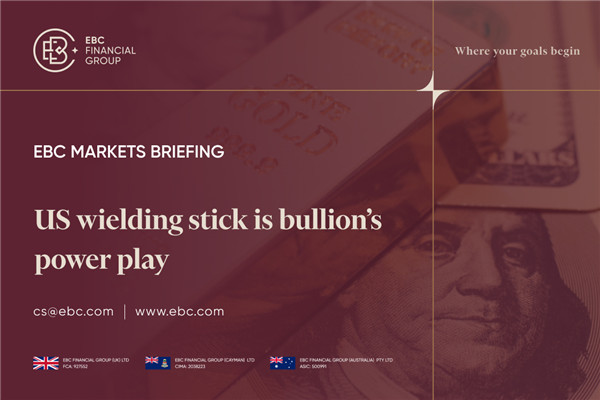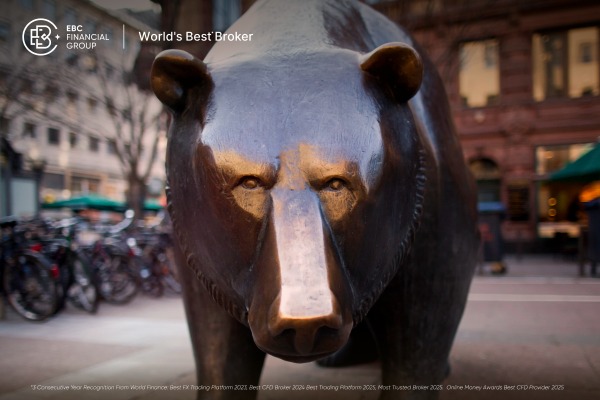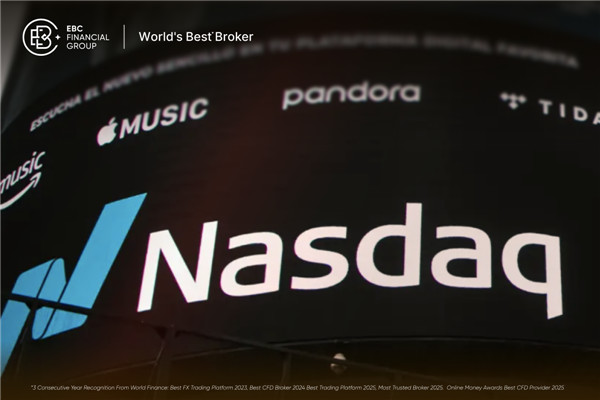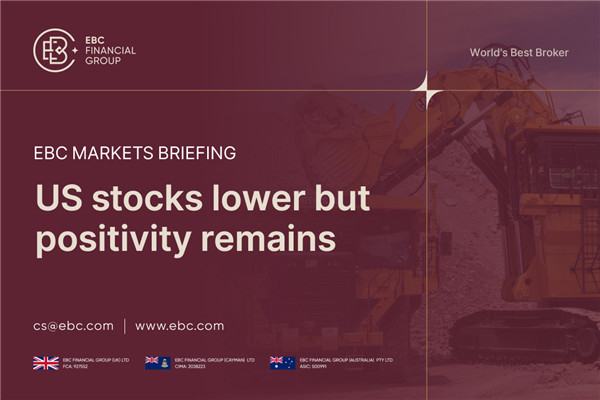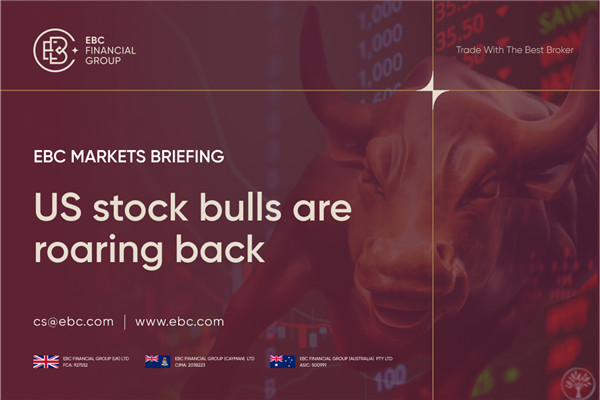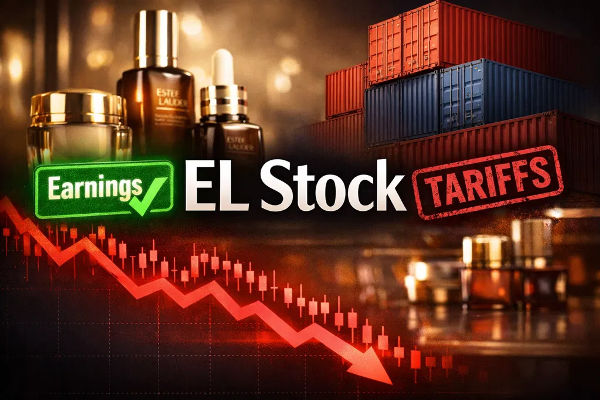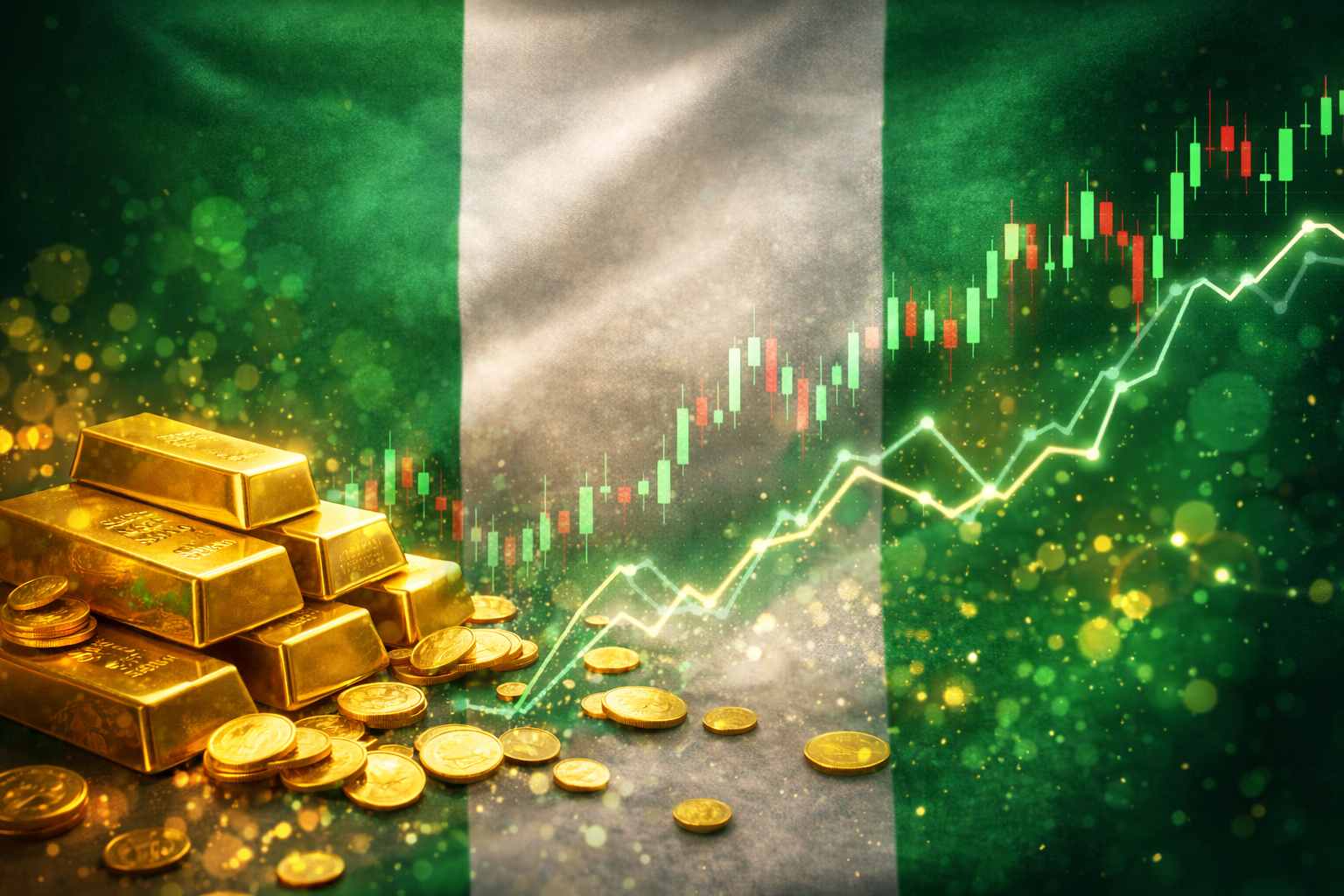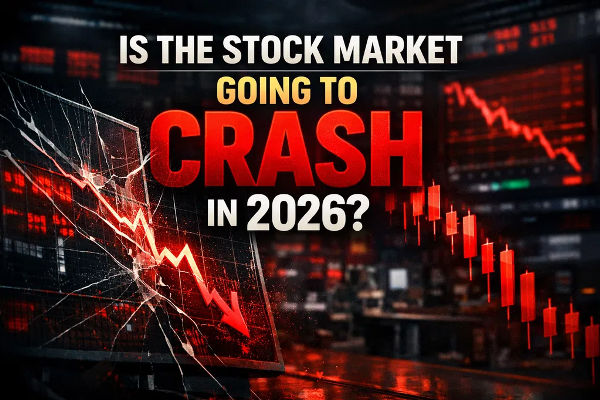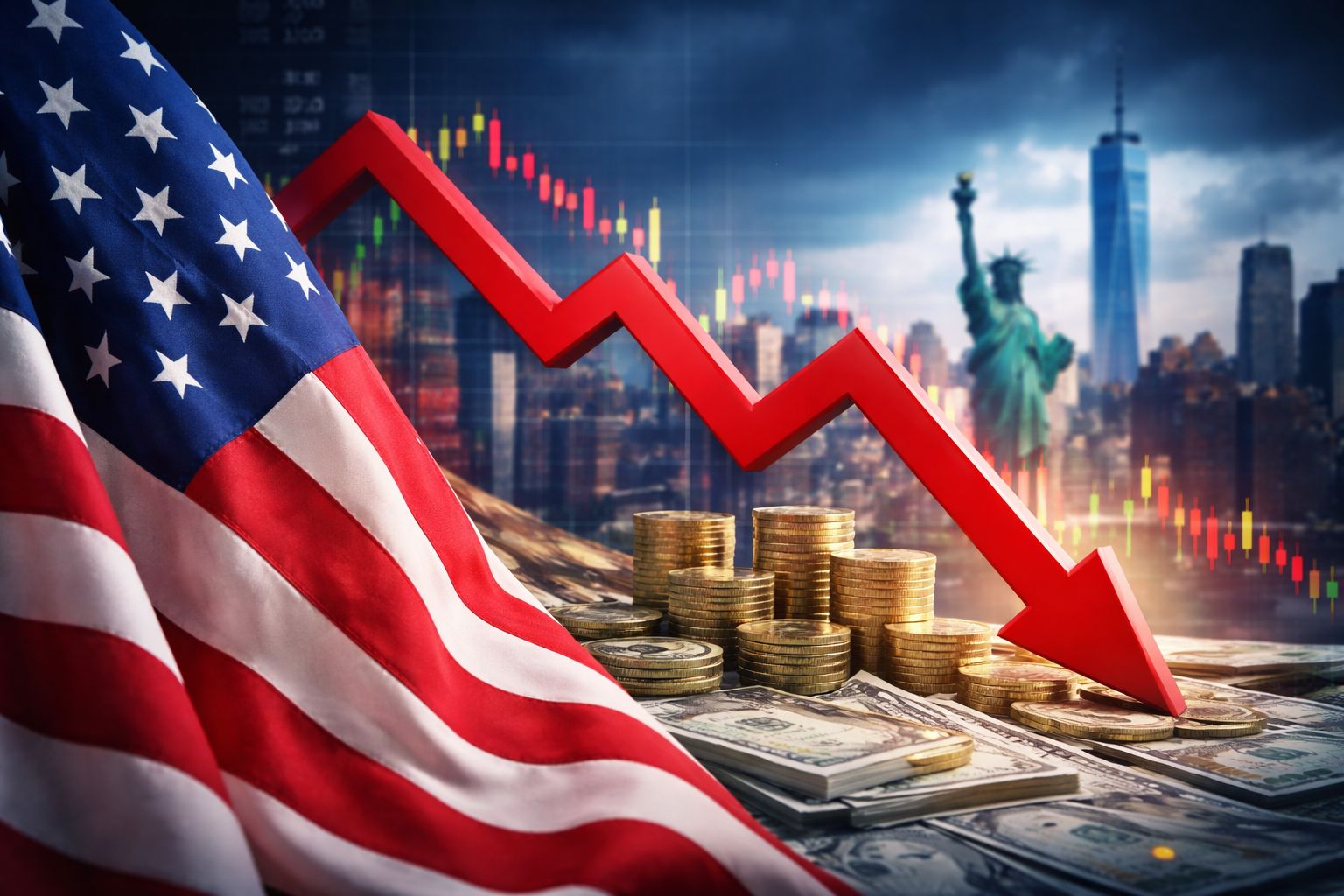Trump declared the trade war with China "done" Wednesday, while Commerce
Secretary Howard Lutnick said tariffs on Chinese goods will be locked in at the
current 55% rate without additional increases.
China pledged to speed up shipments of rare earths to the US, while
Washington agreed to ease some of its own export controls. But Markets offers
few cheers to the announcement.
Strategists at Deutsche Bank refer to difficulty in resolving key issues in
2018. They add that the agreement skipped over fentanyl-related tariffs that
Trump implemented earlier this year.
US importers told CNBC the 55% rate is still way too high to resume full
orders. The latest data released showed a smaller-than-expected increase in
prices, though a spike is in the cards in the new few months.
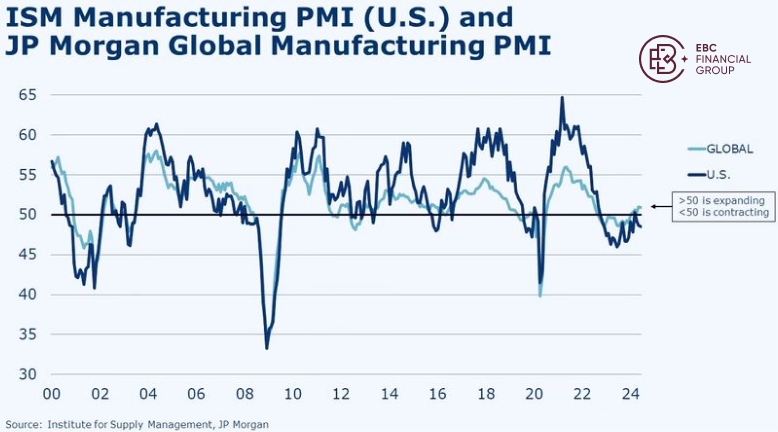
The ISM Manufacturing PMI in the US fell to 48.5 in May, below market
expectations of 49.5. This marks a third consecutive month of contraction in the
sector – a heavy blow to the protectionist administration.
Recurring applications for unemployment benefits rose to the highest since
the end of 2021 in the week ended 31 May, suggesting that out-of-work people are
struggling to find employment.
Scott Wren at the Wells Fargo Investment Institute said there were still
plenty of risks in equities, such as additional trade negotiations, rising
inflation and growth slowing noticeably.
Feeble king dollar
Speculative traders held some $12.2 billion of short position the greenback,
according to CFTC data. Wall Street has been warning that the dollar has more
room to fall amid recession jitters.
Strategists at Pictet said they expect more weakness in the dollar over
"flip-flops" on tariffs as well as policies that could lead to a wider deficit.
They forecast gains in currencies from other developed economies going
forward.
The share of the dollar in global foreign exchange reserves declining from
over 70% in 2000 to 57.8% in 2024. The shift is more pronounced in Asia as local
currencies are gaining popularity given FX risks.
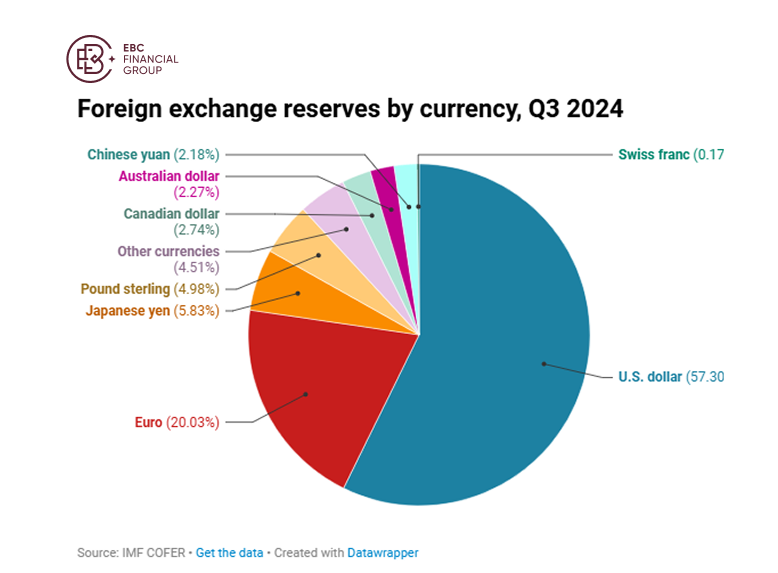
Countries like China, Japan and Singapore own a large share of foreign
assets, giving them the greatest potential to repatriate their foreign earnings
or assets back home, according to Barclays.
Recently, the ASEAN showed commitment to boosting the use of local currencies
in trade and investment as part of its newly released Economic Community
Strategic Plan for 2026 to 2030.
Gold appears to be the biggest winner. It has overtaken the euro as the
world's second most important reserve asset for central banks, driven by record
purchases and soaring prices, according to the ECB.
The stock of gold held in official reserves worldwide is approaching the
historic highs of the postwar Bretton Woods era, though it seems challenging to
dethrone the greenback's position as the number one reserve asset.
Gold rush
Gold prices climbed to their highest point in nearly two months on Friday as
Israel's strike on Iran heightened Middle East tensions. Meanwhile, the dollar
fell to its weakest level in three years.
A 30% rise in the gold price last year was one factor behind the latest gold
rush. Since the start of the year, the gold price has surged by another 27%,
hitting a historic high of $3,500.
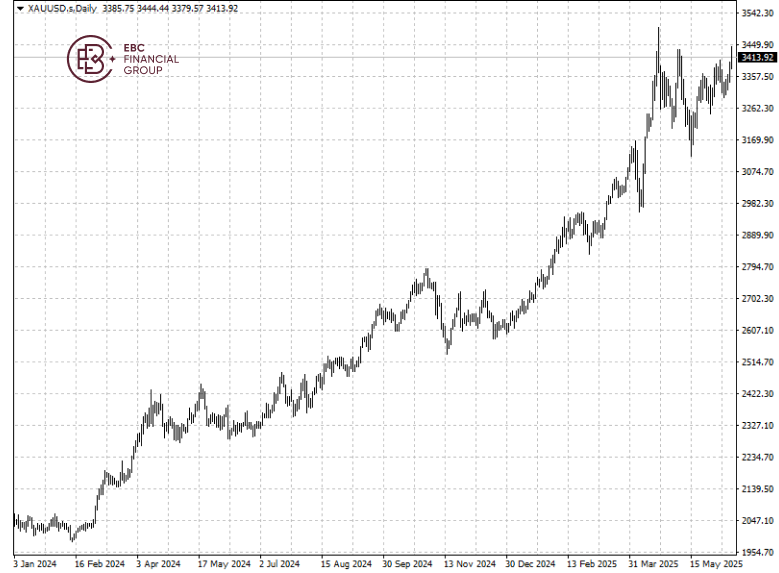
Bullion is seen as the ultimate safe asset that is highly liquid, and neither
exposed to counterparty risk nor sanctions. The characteristics has captured
more attention after the US increasingly weaponized its currency.
Long-standing correlation between gold and real Treasury yields has broken
down since early 2022 in that the metal is now more used as a hedge against
political risk more than as a hedge against inflation.
White House envoy Steve Witkoff privately warned top Senate Republicans last
week that Iran could unleash a mass casualty response if Israel bombs their
nuclear facilities, according a source with direct knowledge.
That came when UN member nations voted overwhelmingly to demand an
unrestricted access for the delivery of desperately needed food to Gaza. Israel
insisted that aid is not being block.
Elsewhere Russia is slipping into dire stagflation with 1.4% GDP growth and
8.2% inflation rate in Q1. Kremlin may feel more tempted to ramps up attacks on
Ukraine to hasten the end of the lasting war.
Disclaimer: This material is for general information purposes only and is not
intended as (and should not be considered to be) financial, investment or other
advice on which reliance should be placed. No opinion given in the material
constitutes a recommendation by EBC or the author that any particular
investment, security, transaction or investment strategy is suitable for any
specific person.
